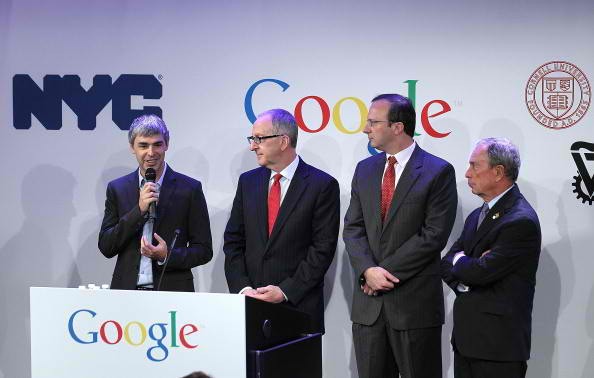Israel's Technion University is set to open a campus in China's Guangdong Province simultaneously with another one being set up in New York City, U.S. The move is symbolic of a new trend between the three countries called the "Tech Triangle."
The Tech Triangle is a link between Israel, China, and the U.S. involving venture capital and research and development (R&D) efforts for building breakthrough technology. Technion University's prowess in startups through its engineering and entrepreneurial expertise stands to benefit the cause.
The U.S., for its part, has Stanford University near Silicon Valley that specializes in both venture capital and R&D for startups. Its counterpart in China, Tsinghua University, is known to innovate in fields such as AI and virtual reality, Forbes reported.
Thus, Technion University's opening in China and the U.S. stands as a strategic effort to diffuse the development of startups throughout the world's most technologically innovative areas. The Chinese technology scene is fast shifting to innovation from manufacturing (and copying others).
Such has been evidenced by China's massive number of patents; at over 1.2 million, the country is now the third-largest country for patents. Venture capital investment is also well and alive in the Chinese market; it's the second-largest in the world in that field at around $50 billion.
Technion University's expansion is nothing short of strategic in that sense, given that the Chinese technology market holds a lot of promise for potential investors and innovators alike. At the same time, China requires access to top technologies from Silicon Valley--still the world's tech leader.
Said ties would give Technion University access to a larger market for Israeli tech companies, with the opening of its two campuses in China and the U.S. effectively pushing the Tech Triangle at full speed ahead. Innovation, in that sense, would grow at a rapid but steady rate globally.



























